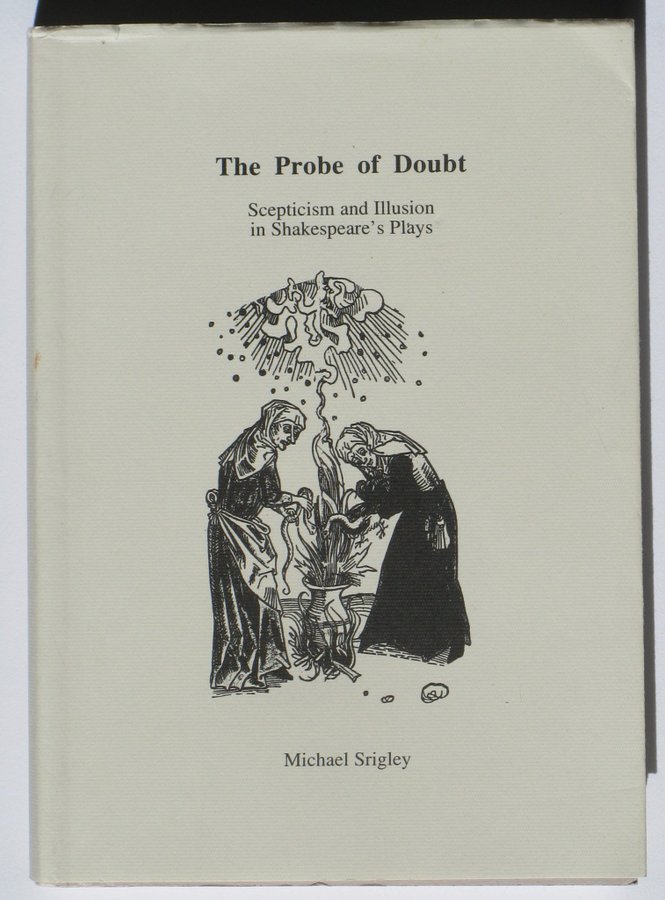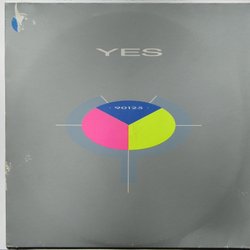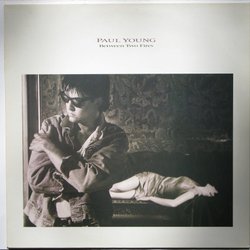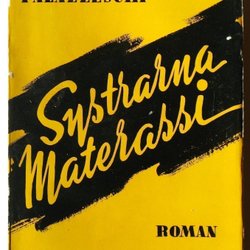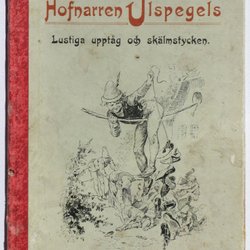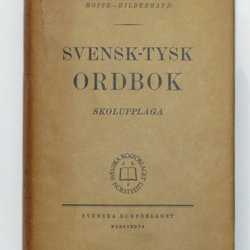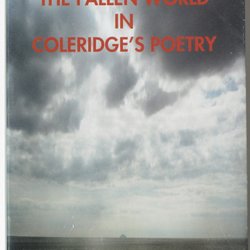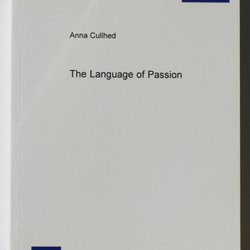1/0
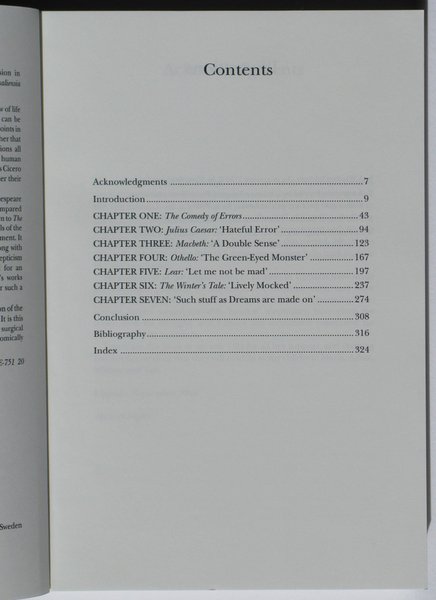
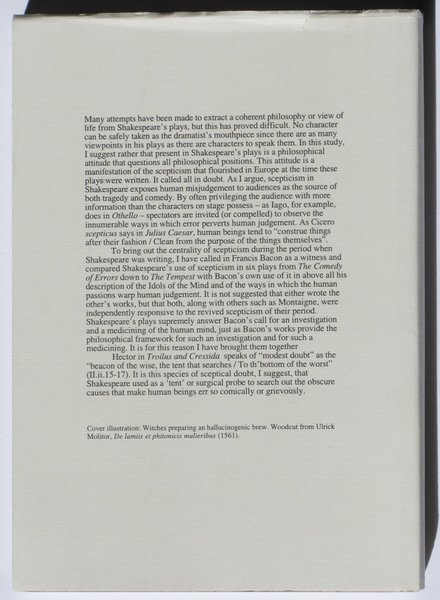
Beskrivning
The Probe of Doubt: Scepticism and Illusion in Shakespeare’s Plays
Michael Srigley
Acta Universitatis Upsaliensis, Uppsala 2000. Mjuk pärm 329 sidor. Läst, mycket gott skick.
ISBN 9789155449107
Many attempts have been made to extract a coherent philosophy or view of life from Shakespeare's plays, but this has proved difficult. No character can be safely taken as the dramatist's mouthpiece since there are as many viewpoints in his plays as there are characters to speak them. In this study, I suggest rather that present in Shakespeare's plays is a philosophical attitude that questions all philosophical positions. This attitude is a manifestation of the scepticism that flourished in Europe at the time these plays were written. It called all in doubt. As I argue, scepticism in Shakespeare exposes human misjudgement to audiences as the source of both tragedy and comedy. By often privileging the audience with more information than the characters on stage possess as Iago, for example, does in Othello-spectators are invited (or compelled) to observe the innumerable ways in which error perverts human judgement. As Cicero scepticus says in Julius Caesar, human beings tend to "construe things after their fashion/Clean from the purpose of the things themselves".
To bring out the centrality of scepticism during the period when Shakespeare was writing, I have called in Francis Bacon as a witness and compared Shakespeare's use of scepticism in six plays from The Comedy of Errors down to The Tempest with Bacon's own use of it in above all his description of the Idols of the Mind and of the ways in which the human passions warp human judgement. It is not suggested that either wrote the other's works, but that both, along with others such as Montaigne, were independently responsive to the revived scepticism of their period. Shakespeare's plays supremely answer Bacon's call for an investigation and a medicining of the human mind, just as Bacon's works provide the philosophical framework for such an investigation and for such a medicining. It is for this reason I have brought them together Hector in Troilus and Cressida speaks of "modest doubt" as the "beacon of the wise, the tent that searches / To th'bottom of the worst" (II.ii. 15-17). It is this species of sceptical doubt, I suggest, that Shakespeare used as a 'tent' or surgical probe to search out the obscure causes that make human beings err so comically or grievously.
Cover illustration: Witches preparing an hallucinogenic brew. Woodcut from Ulrick Molitor. De lamiis
et phitonicis mulieribus (1561).
Michael Srigley
Acta Universitatis Upsaliensis, Uppsala 2000. Mjuk pärm 329 sidor. Läst, mycket gott skick.
ISBN 9789155449107
Many attempts have been made to extract a coherent philosophy or view of life from Shakespeare's plays, but this has proved difficult. No character can be safely taken as the dramatist's mouthpiece since there are as many viewpoints in his plays as there are characters to speak them. In this study, I suggest rather that present in Shakespeare's plays is a philosophical attitude that questions all philosophical positions. This attitude is a manifestation of the scepticism that flourished in Europe at the time these plays were written. It called all in doubt. As I argue, scepticism in Shakespeare exposes human misjudgement to audiences as the source of both tragedy and comedy. By often privileging the audience with more information than the characters on stage possess as Iago, for example, does in Othello-spectators are invited (or compelled) to observe the innumerable ways in which error perverts human judgement. As Cicero scepticus says in Julius Caesar, human beings tend to "construe things after their fashion/Clean from the purpose of the things themselves".
To bring out the centrality of scepticism during the period when Shakespeare was writing, I have called in Francis Bacon as a witness and compared Shakespeare's use of scepticism in six plays from The Comedy of Errors down to The Tempest with Bacon's own use of it in above all his description of the Idols of the Mind and of the ways in which the human passions warp human judgement. It is not suggested that either wrote the other's works, but that both, along with others such as Montaigne, were independently responsive to the revived scepticism of their period. Shakespeare's plays supremely answer Bacon's call for an investigation and a medicining of the human mind, just as Bacon's works provide the philosophical framework for such an investigation and for such a medicining. It is for this reason I have brought them together Hector in Troilus and Cressida speaks of "modest doubt" as the "beacon of the wise, the tent that searches / To th'bottom of the worst" (II.ii. 15-17). It is this species of sceptical doubt, I suggest, that Shakespeare used as a 'tent' or surgical probe to search out the obscure causes that make human beings err so comically or grievously.
Cover illustration: Witches preparing an hallucinogenic brew. Woodcut from Ulrick Molitor. De lamiis
et phitonicis mulieribus (1561).
Köp mer och spara på frakten
Samfrakt
3 dagar- 18:12 29 jun 18:1230 krEller Köp nu 35 kr
- 18:30 29 jun 18:3095 krEller Köp nu 100 kr
- 18:40 29 jun 18:4050 krKöp nu
- 30 jun 18:0530 krKöp nu
- 30 jun 18:0750 krKöp nu
Andra har även tittat på
Du kanske också gillar
The Probe of Doubt: Scepticism and Illusion in Shakespeare's Plays, M Srigley
Slutar 30 jun 18:06
50 kr
55 kr med köparskydd.
